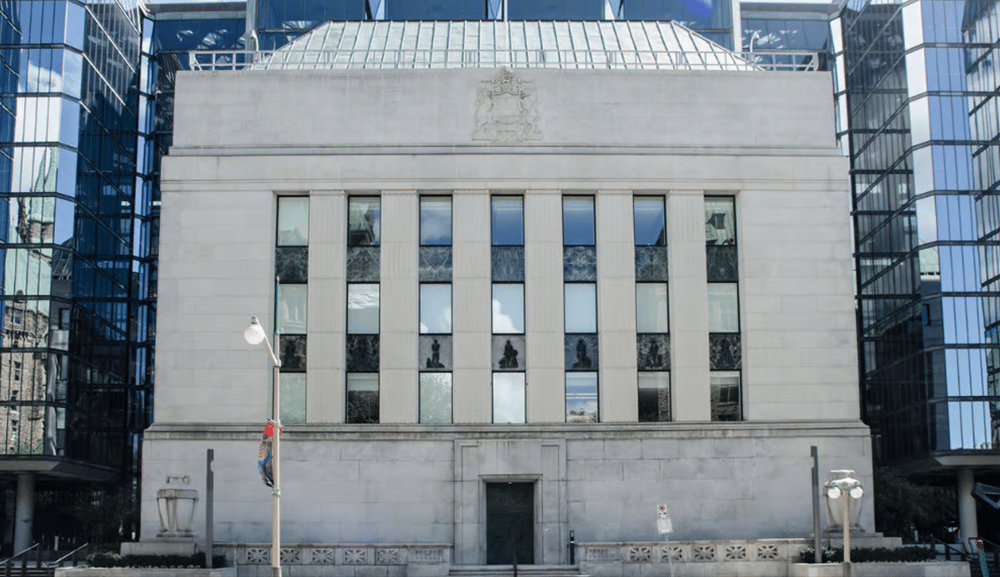The central bank's summary of deliberations revealed uncertainty over the economy's future loomed large in its decision to keep interest rates unchanged again

The Bank of Canada governing council expressed concern over the lasting impact of global trade tensions on inflation, according to a summary of deliberations released Tuesday. The central bank held its benchmark interest rate at 2.75% during its June 4 meeting, citing uncertainty tied to US trade policy and the evolving global economic landscape.
Council members warned that underlying inflationary pressures could endure as businesses and consumers adapt to structural shifts in trade patterns. “Underlying inflationary pressures could persist for an extended period as consumers and businesses adapt to the rewiring of global trade,” the minutes stated.
Inflation remains above expectations
Canada’s annual inflation rate dropped to 1.7% in April, aided by temporary tax relief. However, core inflation indicators—excluding tax effects—registered at 2.3%, exceeding the Bank’s 1% to 3% target range. This trend raised concerns about the staying power of inflationary forces, despite the headline decline.
The council said that while headline inflation was soft, the strength in core measures was unexpected. The team spent time analyzing how trade policy, especially retaliatory tariffs, was influencing price dynamics, a report from The Canadian Press noted.
Trade costs passed to consumers
According to the central bank, many businesses reported passing on increased costs from trade disruptions to consumers. Survey data also showed that Canadians were anticipating higher prices.
Although the council acknowledged the potential for downward pressure on prices due to weaker demand, it said the full impact of cost pass-through and retaliatory tariffs remained difficult to quantify. “Members agreed that cost increases from trade disruptions may be playing a role in inflation in goods prices, but the direct impact from retaliatory tariffs was not yet evident,” the summary said.
Policy outlook remains cautious
Since June 2024, the Bank has cut rates by 225 basis points, facilitated in part by easing inflation. But recent trade developments—primarily from tariffs imposed by US president Donald Trump—have disrupted earlier forecasts.
Looking ahead, the Bank of Canada said it will monitor the interplay between slowing economic momentum and potential inflationary pressure from global trade disruptions. The governing council indicated that if inflationary firmness continues, lowering rates could become more challenging. Conversely, if economic weakness prevails and cost pressures ease, further rate reductions may be considered.
What are your thoughts on how global trade tensions impact household spending? Share your insights below.



